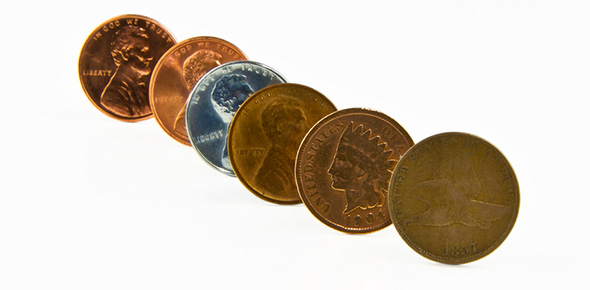Related Flashcards
Related Topics
Cards In This Set
| Front | Back |
|
Period before the Civil War
|
Antebellum period
|
|
Religious revivals that swept the country during the early decades of the 19th century in response to rationalism
|
Second Great Awakening
|
|
President of Yale College in CT whose campus revivals inspired a generation of young men to become evangelical preachers
|
Timothy Dwight
|
|
Offered the opportunity of salvation to all, appealing to people's emotions and fear of damnation
|
Revivalism
|
|
These were held in the South and advancing western frontier by Baptist and Methodist circuit preachers that would travel from one location to another performing dramatic outdoor sermons
|
Revival (camp) meetings
|
|
Religious idea that the second coming would come on Oct 21, 1844 according to William Miller's prediction
|
Millennialism
|
|
Aka Mormons; religion that traced a connection between the Native Americans and the Lost Tribes of Israel
|
Church of Latter-Day Saints
|
|
Aka Church of Latter-Day Saints; religion that traced a connection between the Native Americans and the Lost Tribes of Israel
|
Mormons
|
|
Founded the Church of Latter-Day Saints basing his religious thinking on the Book of Mormon; his following grew and moved from NY to OH to MO to IL where he was murdered by a local mob
|
Joseph Smith
|
|
After the death of Joseph Smith he led the Mormons to the western frontier to escape persecution
|
Brigham Young
|
|
Mormon community that was established on the banks of the Great Salt Lake in UT
|
New Zion
|
|
European movement early 19th century that stressed intuition and feelings, individual acts of heroism, and the study of nature
|
Romantic movement
|
|
Expressed romantic and idealistic themes; questioned the doctrines of established churches and capitalistic habits; believed in discovering inner self and looking for essence of God in Nature
|
Transcendentalists
|
|
Popular transcendentalist lecturer of 19th century who argued for self-reliance, independent thinking, and superiority of spirit to material; critic of slavery and Union supporter
|
Ralph Waldo Emerson
|
|
R.W. Emerson's address at Harvard College urging students to create new American culture independent to European culture
|
"The American Scholar"
|






